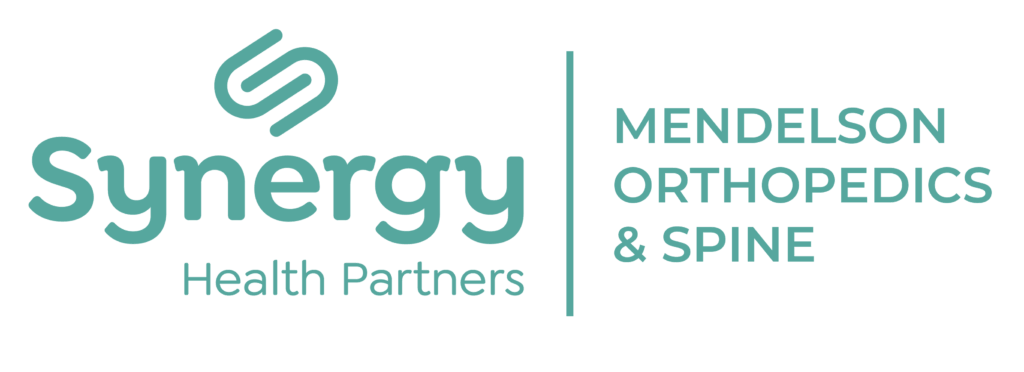Home | Conditions We Treat | Hip Conditions | Hip Bursitis
Hip Bursitis
Hip bursitis, also known as trochanteric bursitis, is the inflammation of the bursae around the hip joint. Bursae are small, fluid-filled sacs that act as cushions between bones and soft tissues. When these bursae become inflamed, they can cause pain and discomfort in the hip. The most commonly affected bursa in hip bursitis is the trochanteric bursa, located on the outside of the hip.
Causes
Hip bursitis can result from various factors, including:
- Repetitive Motion: Activities that involve repetitive hip movements, such as running, cycling, or stair climbing.
- Injury: Direct trauma or injury to the hip, such as a fall or impact.
- Overuse: Prolonged pressure on the hip, often due to long periods of standing, walking, or sitting on hard surfaces.
- Hip Conditions: Underlying hip conditions like arthritis, hip labral tears, or leg length discrepancies.
- Surgery: Hip surgery or prosthetic implants can irritate the bursa.
- Age: Bursitis is more common in older adults due to the natural wear and tear of the joints and tissues.
- Other Conditions: Conditions such as rheumatoid arthritis, gout, or infection can also cause bursitis.
Symptoms
The symptoms of hip bursitis can include:
- Pain: Sharp or burning pain on the outside of the hip, which may spread to the thigh or buttock.
- Tenderness: Tenderness when pressing on the outside of the hip.
- Swelling: Mild swelling over the affected bursa.
- Stiffness: Stiffness and reduced range of motion in the hip.
- Pain with Movement: Pain that worsens with activities like walking, climbing stairs, or lying on the affected side.
Diagnosis
Diagnosis of hip bursitis involves a comprehensive evaluation, including:
- Medical History and Physical Examination: Assessment of symptoms, activity level, and physical examination to identify pain and tenderness over the bursa.
- Imaging Studies:
- X-rays: To rule out other hip conditions such as fractures or arthritis.
- MRI or Ultrasound: To provide detailed images of the soft tissues and confirm the inflammation of the bursa.
Treatment
Treatment for hip bursitis aims to reduce inflammation, relieve pain, and improve hip function. Options include:
Non-Surgical Treatment:
- Rest and Activity Modification: Avoiding activities that aggravate symptoms to allow the bursa to heal.
- Ice Therapy: Applying ice packs to the affected area for 15-20 minutes several times a day to reduce inflammation and pain.
- Medications: NSAIDs like ibuprofen or naproxen to reduce pain and inflammation.
- Physical Therapy: Exercises to strengthen the muscles around the hip, improve flexibility, and reduce the risk of recurrence. Stretching exercises for the hip flexors, quadriceps, hamstrings, and iliotibial band are often recommended.
- Corticosteroid Injections: Injections into the bursa to reduce severe inflammation and pain.
Surgical Treatment: Surgery is rarely needed but may be considered for chronic bursitis that does not respond to conservative treatments. Surgical options include:
- Bursectomy: Removal of the inflamed bursa.
- Debridement: Removal of damaged tissues around the bursa.
Prognosis
The prognosis for hip bursitis is generally good, especially with early and appropriate treatment. Most individuals can achieve significant relief from symptoms and return to normal activities within a few weeks to months. Chronic or recurrent bursitis may require ongoing management to prevent flare-ups.
Prevention
Preventing hip bursitis involves:
- Avoiding Overuse: Modifying activities to avoid repetitive stress on the hips.
- Proper Technique: Using proper techniques during sports and physical activities to reduce the risk of hip injuries.
- Strengthening Exercises: Regular exercises to strengthen the hip and core muscles.
- Stretching: Incorporating stretching exercises into your routine to maintain flexibility.
- Weight Management: Maintaining a healthy weight to reduce stress on the hip joints.
